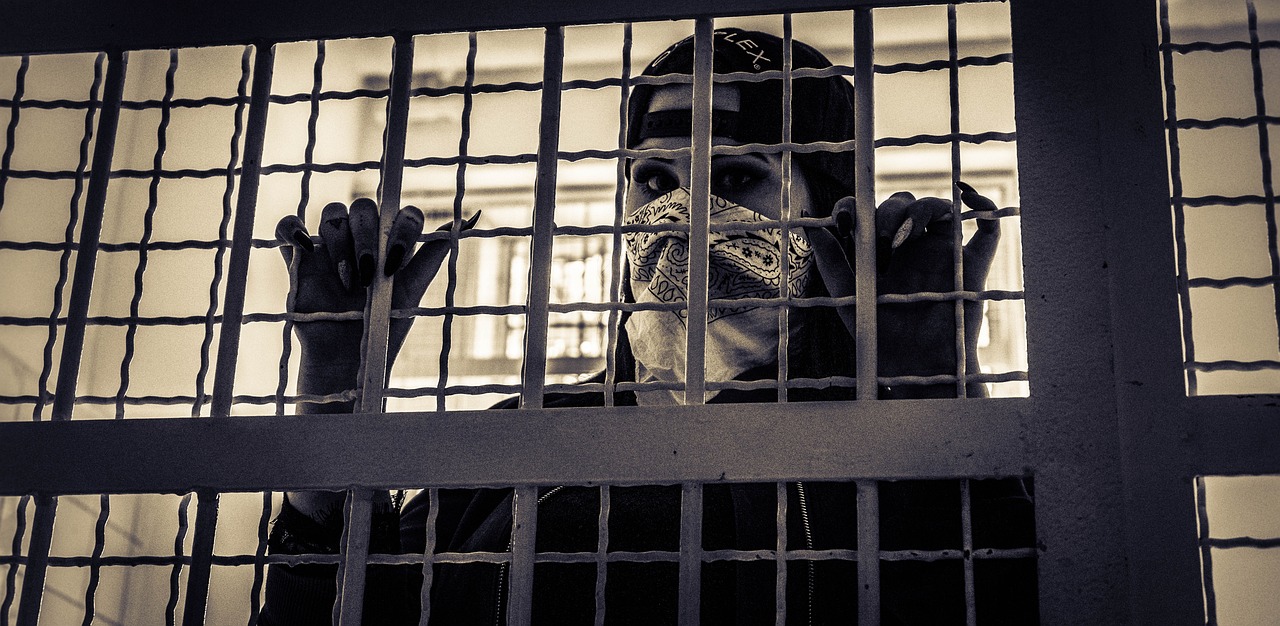International Arrest Warrant for Netanyahu: Implications and Reactions
Israeli Prime Minister Benjamin Netanyahu is facing potential arrest should he travel to the United Kingdom, following the issuance of an international arrest warrant by the International Criminal Court (ICC). This development has sparked significant political discourse and raised questions about legal obligations and international relations.
Arrest Warrant Details
On Thursday, the ICC issued an arrest warrant for Netanyahu, alongside former Israeli Defense Minister Yoav Gallant, citing alleged war crimes committed during military operations in Gaza. The UK government, as a member of the ICC treaty, is bound to respond to such warrants. Although a Downing Street spokesperson declined to comment on the specifics of Netanyahu’s case, they affirmed that the government would adhere to its legal obligations under the International Criminal Court Act 2001.
The act mandates that if an ICC warrant is issued, a designated minister must transmit the request to an appropriate judicial officer for endorsement and execution within the UK.
While it remains unclear which government officials may be involved in this process, it is evident that the UK intends to comply with international law. The spokesperson emphasized the importance of maintaining dialogue with Israel, describing it as a “key partner” across various sectors.
Political Reactions
The announcement of these warrants has drawn mixed reactions. Shadow Foreign Secretary Dame Priti Patel criticized the ICC for suggesting a moral equivalence between Israel’s military actions and the recent attacks by Hamas on October 7, 2023. She urged the UK government to condemn the court’s decision as “concerning and provocative.”
In contrast, many ordinary Palestinians in Gaza view this development positively, expressing hope that it could lead to justice for those affected by violence.
US President Joe Biden labeled the arrest warrant “outrageous,” asserting that there is “no equivalence” between Israel’s actions and those of Hamas. Meanwhile, some European officials have indicated their commitment to support and implement ICC decisions.
Looking Ahead
The impact of these arrest warrants will largely depend on whether member states of the ICC choose to enforce them. Notably absent from this agreement are Israel and its ally, the United States. As tensions continue and dialogue persists among global leaders, the situation remains fluid.
The implications of this legal action extend beyond individual accountability; they may influence future diplomatic relations in a region already fraught with conflict. As calls for justice resonate from Gaza to Western capitals, how governments respond will shape not only their legal frameworks but also their geopolitical alliances moving forward.


